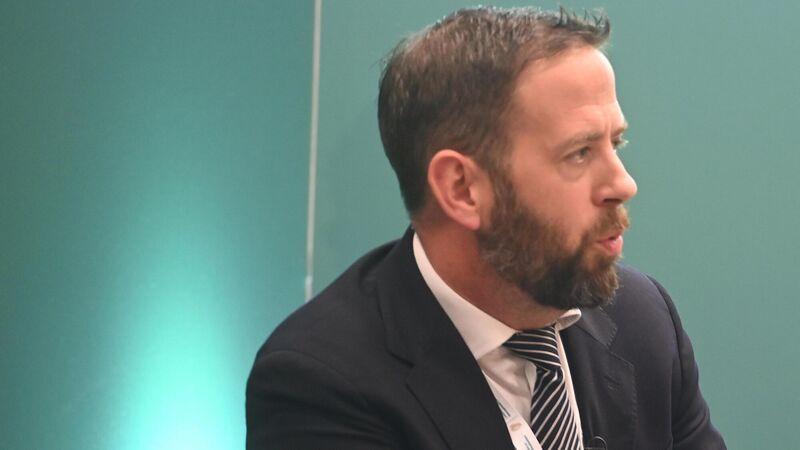Cyberattacks on elections 'could happen here' and 'once could be very bad news'

Richard Browne, Director of the National Cyber Security Centre (NCSC), said: 'What we are guarding against is the potential for people or groups or States to interfere.' File picture: Larry Cummins
Art O’Leary recently met with his counterpart in the UK Electoral Commission. It was good timing from a security point of view as it had just emerged that the British body was hit by a cyberattack in 2021 and 2022.
That was according to an investigation by the British National Cyber Security Centre, which was able to attribute the attack to a Chinese State-backed cyber group.














